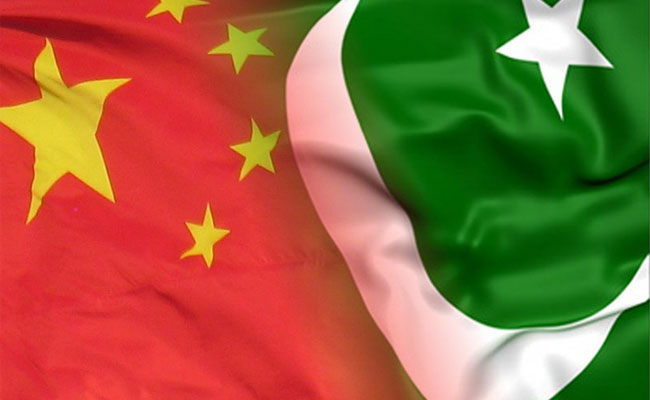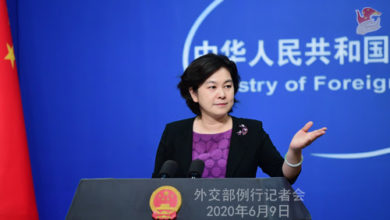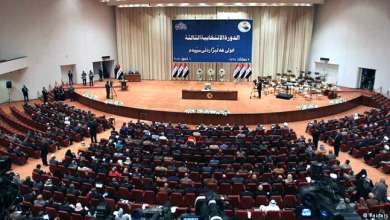Pakistan-China relationship to weather all storms: Sardar Masood

MUZAFFARABAD, August: The AJK President Sardar Masood Khan has said that Pakistan- China strategic cooperative partnership aims at building a community of shared future and the relationship between the two countries will weather all storms.
In his article written for English Edition of Armed Forces’ Hilal Magazine, he said this is not empty rhetoric; it embodies a strong commitment of the two states to promote peace, stability, and development in the region and safeguard each other’s core interests.
He stated that China supports Pakistan’s security, independence and territorial sovereignty, whereas Pakistan fully endorses the One China Policy. Moreover, China pays close attention to the situation in Jammu and Kashmir and has reiterated its position several times that the Kashmir dispute should be properly and peacefully resolved based on the UN Charter, relevant UN Security Council Resolutions, and bilateral agreements.
Describing the Sino-Pak ties as a catalyst for mutuality of interests, stability, and shared prosperity, he said that the Sino-Pak equation is a sui generis and it is not a competitor with any other sets of bilateral relationships. “They threaten no other nations; they do not want to be threatened by other nations”, he emphasized.
Tracing the history of China-Pakistan relations, Sardar Masood stated that at the height of Cold War, in the 1960s, Pakistan realised that it has to diversify its relationships because its staunchest ally at that time – the USA – was balancing its relations with both India and Pakistan, with an emerging tilt towards India though it was practically in the Soviet camp, Pakistan forayed into what it called a triangular approach in its foreign policy by introducing equilibrium in its relations with the U.S., China and Soviet Union.
The experiment, he added, did not go well because the U.S. was not comfortable with that stance, though it later used Pakistan as a conduit for mending its relations with China; and USSR’s response was tepid. But the 1960s became a watershed in Pak-China relations”, President Khan pointed out.
He went on to say that Pakistan is a big country in its own right and has a legitimate right to develop relations with all nations – big or small. It has done precisely that. But its partnership with China has become special. The defence trade between the two countries, their joint military exercises, collaboration in jointly manufacturing aircraft and frigates, cooperation in civil nuclear energy, China’s help to Pakistan in developing its critical industrial infrastructure, and in the recent past a massive shift to economic development in the form of the China-Pakistan Economic Corridor (CPEC) – all these multiple platforms entwine the two nations.
Shining light on the economic importance of CPEC, the AJK President said it is a megaproject and part of the much bigger transcontinental Belt and Road Initiative (BRI), which is unprecedented in its scale in the history of mankind. In Pakistan, under the framework of CPEC, ports, roads, airports, dams, industrial hubs, and communication networks are being built. The entire process is creating jobs, livelihoods, and business; agriculture will be modernized and tourism will be systematized, he elaborated.
“This (CPEC) is good for Pakistan as it would wean it off its chronic debts and a vicious cycle of low development. This is also beneficial for China as the Corridor connects China with South West Asia and Africa and opens an alternate route to the Strait of Malacca”, he maintained.
President Masood Khan further stated that over the years, Pakistan has also steadfastly defended China’s vital sovereign interests that relate to Taiwan, Tibet, and the South China Sea. We in Pakistan are grateful to China for giving real-time help by providing to us consignments of vaccines to fight the COVID-19 pandemic.





